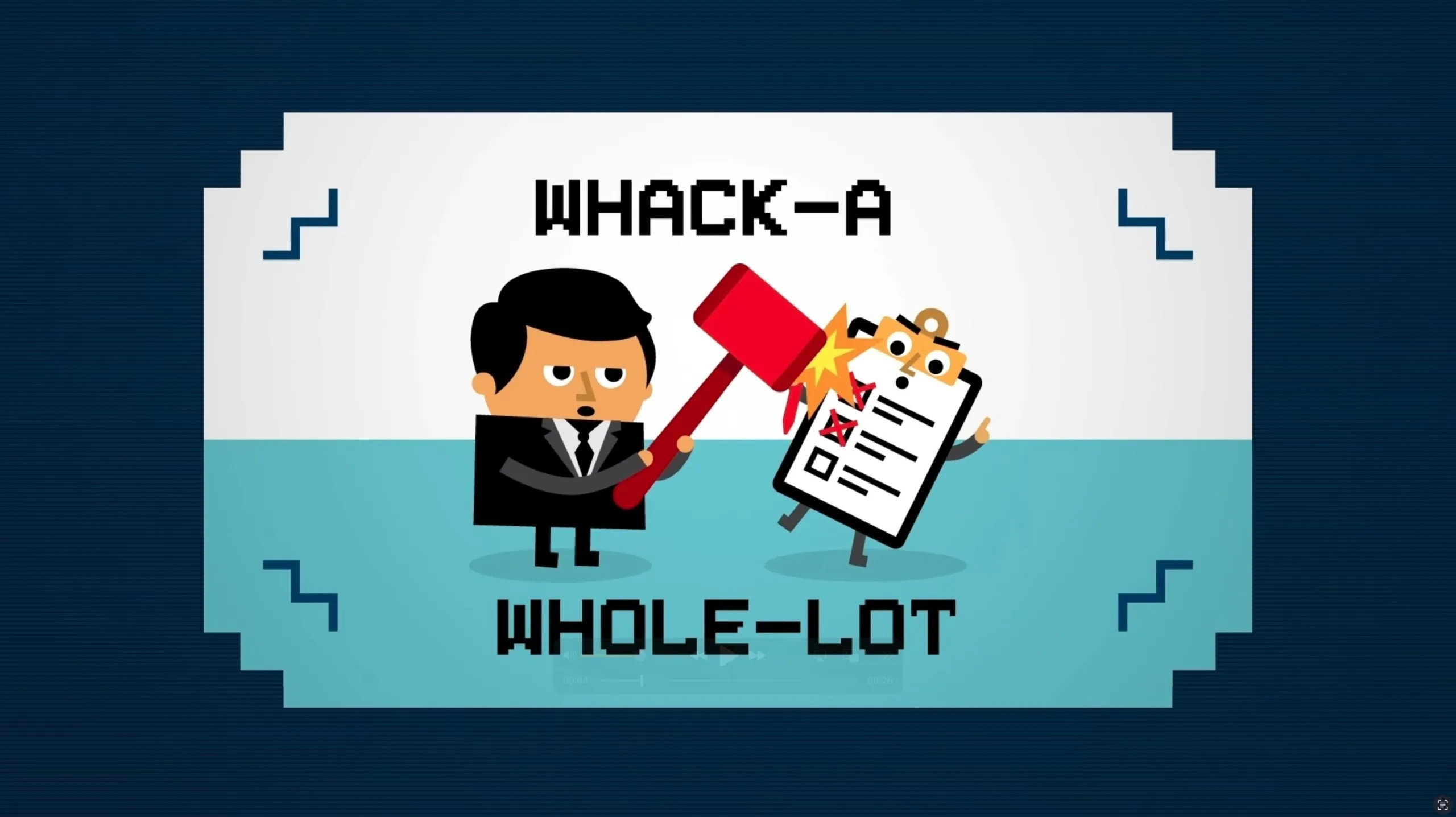The rules around how much you can pay into a pension have become more complex, but:
The standard annual allowance is £40,000 per person in 2017/18
The standard allowance can be reduced if you earn above £150,000, £1 for every £2 over, with a cap at £10,000 if you have gross pay over £210,000
The standard allowance can also be reduced if you have taken pension benefits previously
Contributing to a personal plan you pay contributions net of basic rate Income Tax and your pension provider collects the tax relief from HM Revenue & Customs (HMRC). Basic-rate tax relief is currently 20%. So, if you contribute £80 a month, £100 will be invested automatically in your plan – that’s an additional £20 at no extra cost to you.
A higher-rate or additional-rate taxpayer, can claim the extra relief from HMRC via your self-assessment tax return
Should the Company make the contribution the company receives the tax relief not the individual
Unlike ISA unused pension allowances can be carried forward from the three previous tax years, provided that you were a member of a registered pension scheme
















Oh yes, I remember **@&”@**